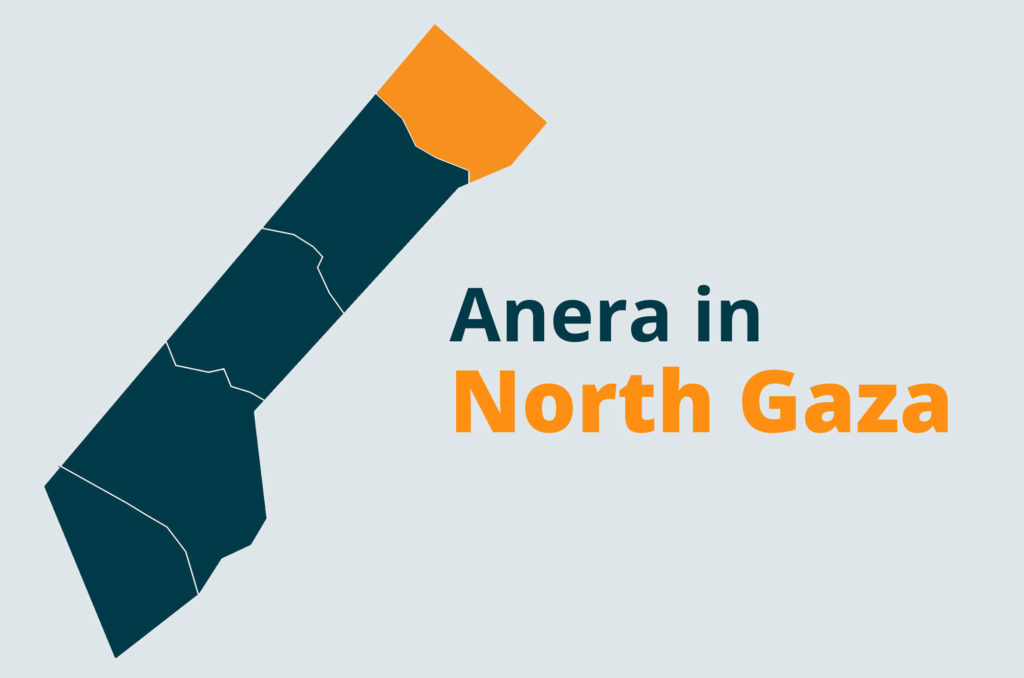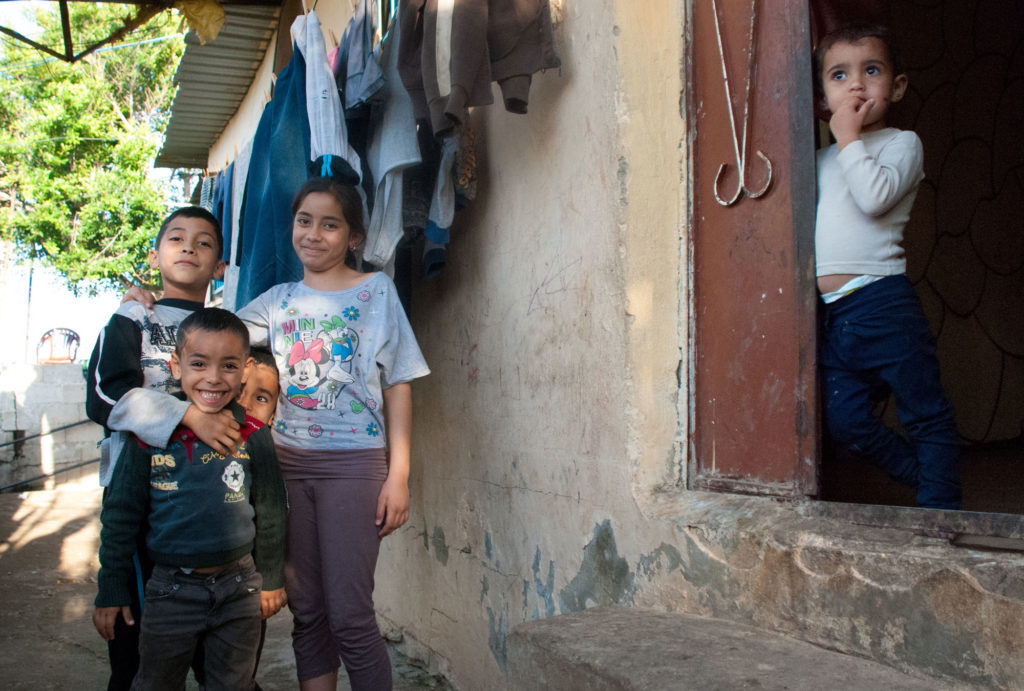Dec, 2014
In 2002, Manale Hamid Abdel Al Aal, joined a women’s program in Nahr El Bared refugee camp in northern Lebanon. Like other women in the camp, she wanted to take sewing classes to earn some income and help support her family.
Right from the start it was clear that Manale had a great talent for designing sophisticated clothing and for teaching. Her newly uncovered talents quickly opened up opportunities for her to teach at Nahr El Bared’s Women’s Program Center.


As women, sewing is the best thing to learn if we want to support our families and make a living,” says Manale.
She didn’t stop there. Soon she was appointed to the Center’s board of managers and took on even more responsibilities, from fundraising to implementing curricula and developing programs. Manale began recruiting students and empowering women like herself.
Then came the 2007 battle between extremists hiding in the camp and Lebanese security forces. Most everyone in the camp was forced to flee the violence and destruction. Manale and her family were among those who found refuge in Beddawi camp near Tripoli.
Settled in Beddawi camp, Manale found she could not remain idle. So she joined the Women’s Program Center in that camp and volunteered to distribute necessities to her fellow newcomers. Five months later, she returned to Nahr El Bared to find her house, the women’s center, her neighborhood and everything else around her demolished. The shocking scenery paralyzed her, but not for long. She says she did not stop to ask why. She just asked, “When and how do we start again?”
Manale says she used to blame her grandfather for leaving Palestine and coming to live as a lifelong refugee in Lebanon. Then she found the tables turned on her. “I was afraid not to come back to the camp,” she declared. “My family might have blamed me, this time, for turning them into refugees yet again.”
She borrowed 25 plastic chairs, rented small space that had not been damaged, and called psychologists from Beddawi camp to help her organize a psychosocial support group for the camp’s women. She says once most everyone was healed it was time to rebuild the women’s center.
She reopened the center in 2008 and relaunched sewing courses for women. This time she added other classes aimed at producing traditional Arabian furniture needed in houses destroyed by the war. She also got funds from the Swiss Embassy to start a pastry class. The first women graduates entered the job market within six months. Based on her early success and with funding from Anera, Manale now conducts regular vocational training classes in pastry-making.
When you ask her where her hope and resilience come from, Manale smiles and simply says...




